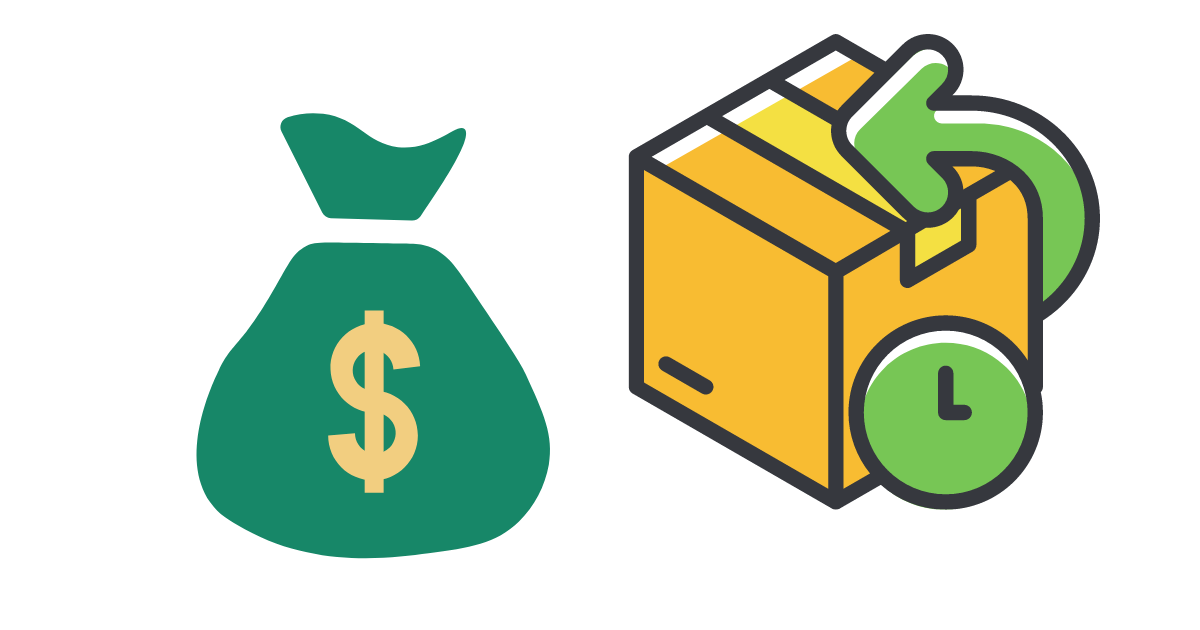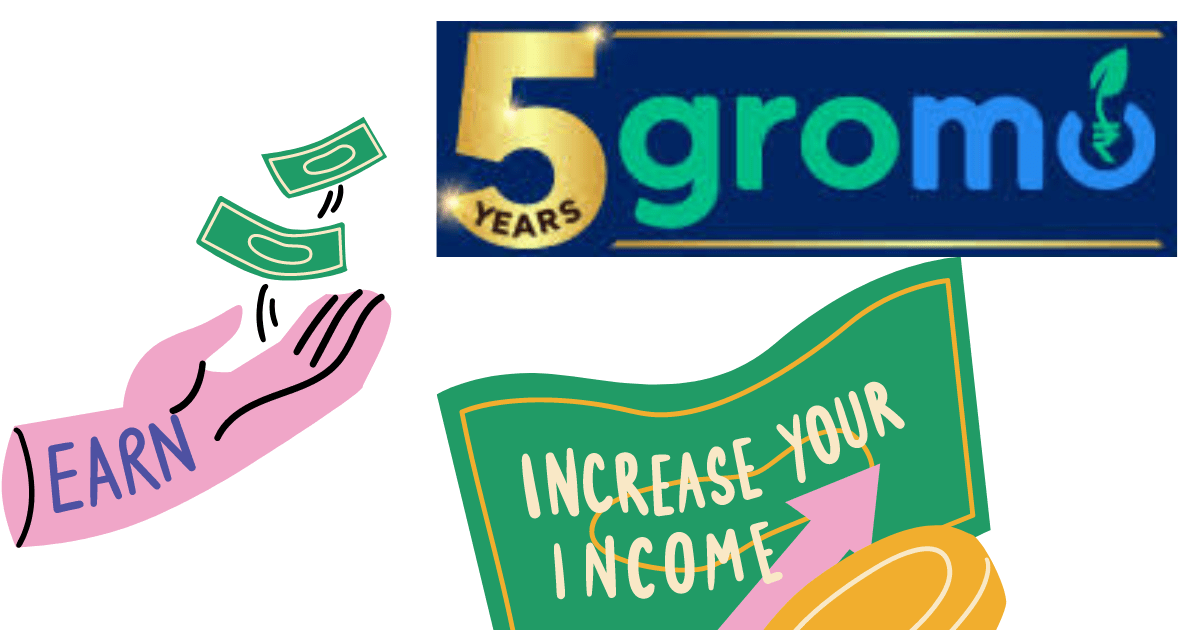Introduction
Imagine running an established ice-cream business. The brand you own has grown into a cult and has won the attention of a multitude of customers who can’t seem to find enough. But, a rival has popped up in your industry and has forced you to increase your marketing costs. Also, it’s an ideal time for you to improve your mixing machines and freezers, as there’s a growing demand for your product in a different city. To tackle these issues and enable mass-level operations and expansion, getting funds is essential. In this situation there are two main alternatives:
First, think about selling a small percentage of your stake within the business. You could also choose to take out loans to finance the investment needed. This decision requires you to weigh the advantages and disadvantages. Selling ownership implies the loss of control, however it can be more financially feasible than taking on more loans. However taking loans lets you retain control, but it could also increase the financial burden already in place. Companies face these issues regularly and have to make choices regarding whether or not to accept loan or offer shares depending on their capital structure, as well as other aspects.
Investors could encounter some decisions that seem to be confusing at times, forcing you to consider the implications of these choices made by corporations and the consequences for you. Debentures and shares (loans) are two important asset classes in the world of financial investment. It is therefore essential that you understand the intricacies of this concept to be a well-informed investor. If you’ve struggled for a long time over these terms, no worry as this article will help you understand the idea and explain the differences between debentures and shares in the most simple way possible. Lest read about basic distinction between shares and debentures?
How do you define a debenture?
A debenture, also known as a bond is a loan issued by a company that seeks funds from investors. The loans have the specific maturity time. In exchange for these loans the entity that is committing the debentures to pledge regular cash flows, referred to as ‘coupon’ or ‘coupon’ payment, to investors. In addition, when the debentures reach maturity the company pays back the principal amount originally paid in cash to investors.
issuance of a debenture identifies you as the holder which makes you a creditor for the company. As an entity that is a creditor, the company must take into consideration the best interests of holders of debentures by giving them priority particularly when liquidation occurs. This priority is even when the company does not generate profit, since timely payments to holders of debentures are still required. There are two kinds of debt instruments:
A. Convertible Debentures
Convertible debentures function as debts that a business offers. If you loan these (companies) money they will repay it with interest, similar to an ordinary loan. However, the difference with convertible loans is that you have the option of turning the money into shares for the company in the future and become an owner in part. It’s similar to getting a loan that has the possibility of becoming shares which gives you the advantages of both.
B. Non-convertible Debentures
Non-convertible debentures resemble simple loans that a business takes from you. If you loan money by purchasing these debentures company is required to repay the loan amount in fixed interest for a period of time. But unlike convertible debentures you don’t have the option of turning the loan into shares of company. It’s a straightforward agreement – you loan money, and in return you’ll receive a regular payment of interest up to the maturity date you agreed upon when the company pays back the loan.
What is an share?
In its simplest form the word “share” means ownership, often referred to in the form of stock or equity. If you invest in the shares of a business in essence, you become a part-owner of the business in proportion to the amount you’ve put in and become an investor. As an investor, you get rights to take part the company’s profits as well as share the company’s losses. In addition, you have an input into the decisions of the business. If the company is growing it will see its earnings rise which could lead to an increase in the price of stock as well as capital appreciation to investors like you.
There are two major kinds of shares:
A. Common Shares
Common shares are similar to being a part of an organization. If you purchase common shares, it becomes a shareholder, meaning you are a shareholder in the company. As a common shareholder you are entitled to be a vote (voting right) on the specific decisions that the company takes at shareholder meetings. Common shareholders can be eligible to receive a portion of company’s profits, referred to as dividends. The amount may fluctuate and isn’t guaranteeable. If the company has financial problems and needs to deal with its debts, the common shareholders are the last ones to receive a share of the proceeds, once the debts have been paid.
B. Preference Shares
Preference shares are an alternative form of ownership within a company however, they have additional benefits. As a preferred shareholder, you are entitled to a greater share in the business’ assets as well as profits compared to common shareholders. They typically receive fixed dividends. These are paid prior to any dividends are paid towards common shareholders.
If the company must liquidate assets because of financial issues preferred shareholders will receive their money back prior to common shareholders, but not before the holders of debentures. However, preference shareholders generally do not have the right the right to vote on corporate decisions as ordinary shareholders are. Thus, while they receive higher returns that are more predictable however, they lose some of the decision-making authority.
Differentialities between shares and debentures
| Features | Debenture | Share |
| Meaning | It’s a debt of creditors owed by the company | It is a symbol of ownership within a business |
| Returns | Payments of fixed interest are paid regardless of whether a company produces profits. | Dividends aren’t guaranteed and they are paid only when the company makes a profit. |
| Risk | A relatively lower risk since returns are guaranteed | Riskier, since returns are unpredictable |
| Voting Rights | Usually, there are no voting rights | Common shares come with voting rights |
| Claim on Assets in In the event of liquidation | Debtor’s have a greater claim to company assets as when compared to shareholders. | Last in line during liquidation |
| Income | Interest | Dividend |
| Conversion | Convertible debentures may be transformed into shares | It is not possible to convert them into debentures. |
Conclusion
If you are a retail investor in terms of the distinction between debentures and shares the choice between one or the other depends on your personal financial desires and goals. Shares, also known as stocks help to build wealth while debentures play a function in the preservation of the wealth. In the end, the decision of becoming a shareholder in a company (through stocks) as well as a lender (through debentures) depends on your capacity to recognize and match your financial goals. In terms of risk that both asset classes –debentures and shares – carry inherent risks.
In the case of debentures, their creditworthiness is essential. Credit rating agencies review and assign ratings to debt instruments, which indicate the probability of repaying. The companies with higher ratings can offer decent returns, while less rated ones could provide an essentially higher yield in order to cover the higher risk. When it comes to stock, the shares trading on a stock market and their prices are affected by factors like demand supply, economics, and market sentiment. So, being cautious and conducting a thorough study is vital prior to venturing into the realm of financial investment.
The risk of being exposed is a fact that is not overlooked when evaluating the seemingly safe choice of a Fixed Deposit. Everyone is susceptible to different types of risk, however this shouldn’t deter investors from investing. These products were designed by financial experts to assist you in reach your financial goals. To manage these risks effectively it is vital to do thorough research to match your financial goals to the correct products using asset allocation, and eventually be financially independent.

FAQs
Q. What is the main distinction between debentures and shares?
A. The major distinction between shares and debentures is in their structure as well as the benefits they grant on the holders. Shares are a form of ownership in an entity that has dividends, voting rights and an interest on the assets (after all creditors have been paid). These are instruments of debt providing fixed interest and priority for asset claims without ownership rights nor voting rights.
Q. What’s the main difference between debentures and bonds?
A. They are basically identical, but they are used in various ways. For instance, when loans are were issued by the government are classified as bonds, and if they are made by private companies and are referred to as debentures.
Q. Does a holder of debentures get a say in corporate decision making?
A. It is true that the holder of a debenture like the shareholder is not a shareholder and thus does not enjoy the advantages of voting rights, or dividends. As a creditor, you are entitled to rights to fixed-interest and be ranked prior to common equity and preferred equity holders.
Q. What are the various types of debentures?
A. Debentures are available in a variety of forms that each have their own particularities. Here’s a quick outline of the different types:
Secured Debentures: These are secured by specific assets belonging to the company issuing them. In the event of default the holders of debentures are entitled to a claim against the collateral.
These are referred to as naked debentures. They are not secured by any specific assets. The holders of these debts rely on the creditworthiness of the company.
Redeemable Debentures: They have a specific date for maturity, with the principle amount will be returned to the holders of the debentures prior to or on the date.
Non-Redeemable Debentures: Also referred to in the form of perpetual debentures they don’t have a date of maturity. The issuer is not required to pay the principal back in the time that the business is operating.
Q. Shares vs. Debentures What is better?
A. The decision between debentures and shares is based on the investor’s preference. Debentures provide steady income and security for creditors, whereas shares offer ownership and the potential to increase capital. It’s about stability of income (debentures) against the potential for growth and perks for ownership (shares) depending on your individual goals and your risk tolerance.
Disclaimer Note: Investments in municipal debt securities and securitised debt instruments can be a risk, such as delay and/or the inability to pay. Be sure to read all the offer documents thoroughly.




















